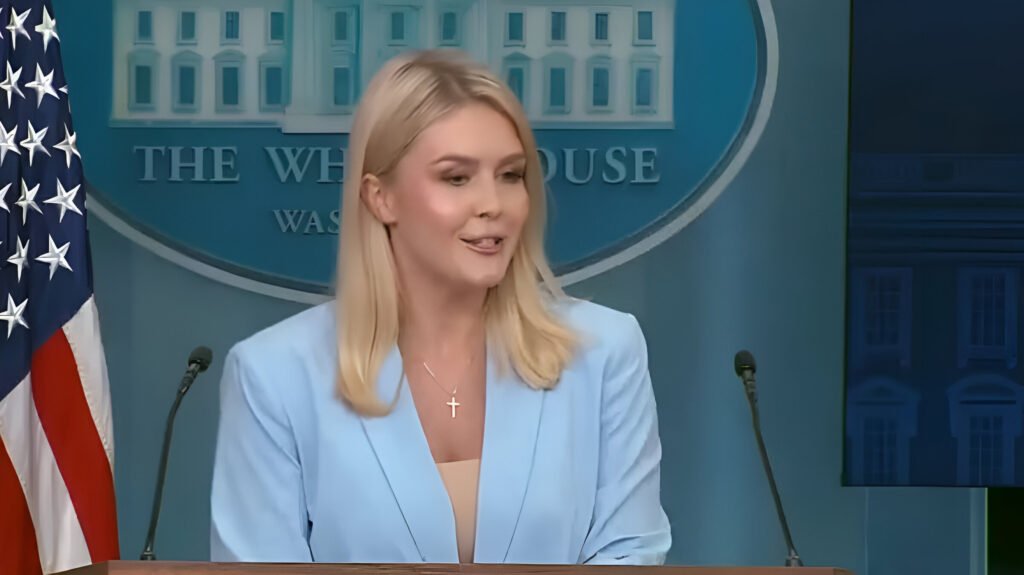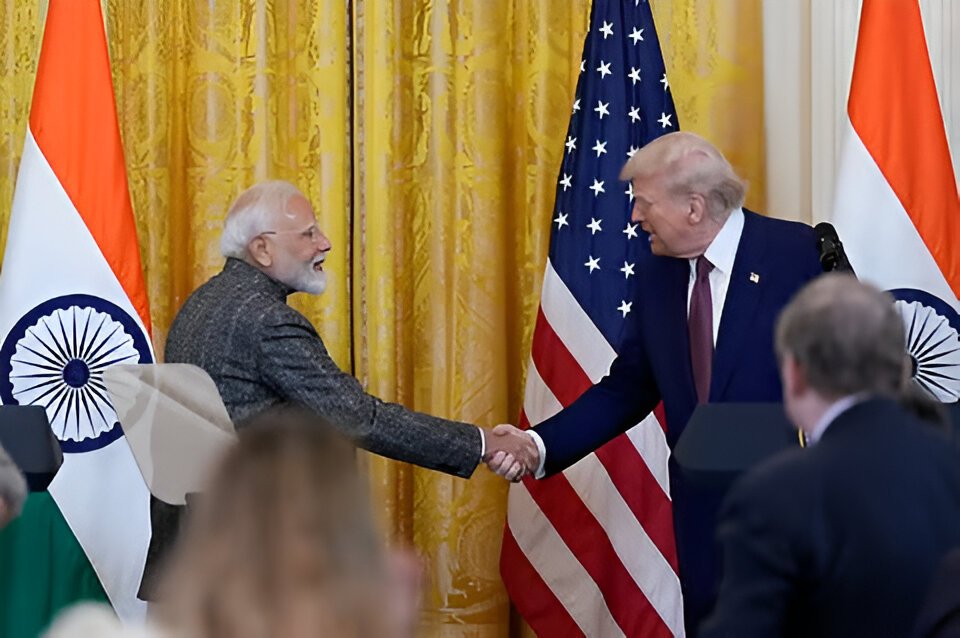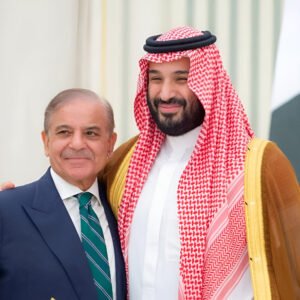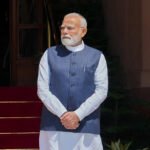
With India and Pakistan intensifying their conflict, the United States has attempted to negotiate peace talks between the two nuclear-armed countries. The issue flared up further after India conducted airstrikes and missile strikes on Pakistani military bases, which resulted in daily skirmishes with clashes reaching into the dozens. U.S. Secretary of State Marco Rubio has maintained discussions with Indian and Pakistani officials, which include talks with Pakistan Army Chief Asim Munir, stressing the importance of avoiding communication breakdowns in the dialogue. These diplomatic measures have been regarded as strong attempts to resolve the conflict.
White House Advocates for Swift De-escalation
As quoted by Leavitt, “The president has said he hopes, as quickly as possible, the India-Pakistan conflicts deescalate.” This statement places further emphasis on the idea that both parties should agree to peace talks, while President Trump has praised the efforts of Secretary of State Marco Rubio, who, according to Leavitt, is on the ground communicating with leaders from both parties. Leavitt also praised Trump for his statesmanship, especially concerning the effort with the two countries, and claimed the administration is following through on promises made to the people in regard to peace in the region.
Diplomatic Engagements and International Appeals
The United States is trying to bring India and Pakistan together for dialogue in order to calm the tension between these two countries. Secretary of State Rubio’s talks with Pakistan’s Army Chief General Asim Munir and other officials signal that Washington is not sitting idle when it comes to managing the crisis. Moreover, the G7 group of countries has called for both nations to have direct dialogue, condemning the recent violence and calling for peaceful resolution.

Regional and Global Implications
The growing conflict has brought threats of regional instability as well as global repercussions. Both India and Pakistan are at the same time adding more troops and closing airspace, which raises the likelihood of conflict between two nuclear neighbors. The international community, which includes the US, China, and Saudi Arabia, is calling for calm and a form of diplomacy in order to avoid further conflict. The release of civilians from the zone of conflict has led to the report of more than 60 deaths on both sides.
Hurdles in Mediation Attempts
The India-Pakistan relationship is much more complex than the U.S. mediation offer. Historical wrongs, border conflicts, and ingrained suspicion all work against attaining lasting tranquility. Experts warn that some form of consistent international mediation, always accompanied by some action from both parties, will be needed; otherwise, India-Pakistan de-escalation endeavors will remain out of reach.
Final Thoughts: Extremely Cautious Progress Moving Forward
India-Pakistan conflict US concerns have heightened the need for some form of American mediation. The working diplomatic strategies do not yet contain enough control over the weather and many other troubling issues ahead in the Indo-Pakistani war. Active diplomacy, self-restraint, and sustained outside assistance will minimize the possibility of conflict and create order in the area.











